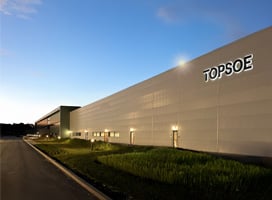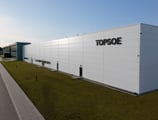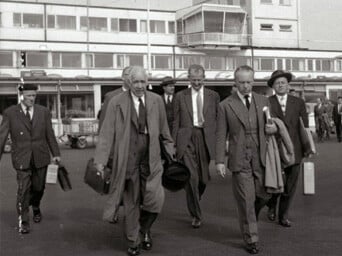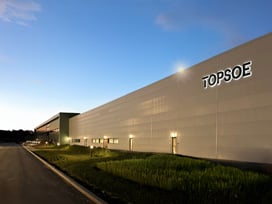Knowledge & insights
Featured topics
By type
-
Featured
.png) Topsoe Academy™ Topsoe Academy™ is your chance to tap into over 80 years of accumulated knowledge Find out more
Topsoe Academy™ Topsoe Academy™ is your chance to tap into over 80 years of accumulated knowledge Find out more -
 Discover how we meet the new energy reality to drive a sustainable future. Read
Discover how we meet the new energy reality to drive a sustainable future. Read
Solutions
Back
Solutions
Industries
-
Offerings
- Technologies
- Services
- Catalysts
- Power-to-X
News & events
Back
News & events
Careers
-
 If you’re ready to work alongside inspiring people like Hadise, Go solve at Topsoe.A place to make an impactRead
If you’re ready to work alongside inspiring people like Hadise, Go solve at Topsoe.A place to make an impactRead





